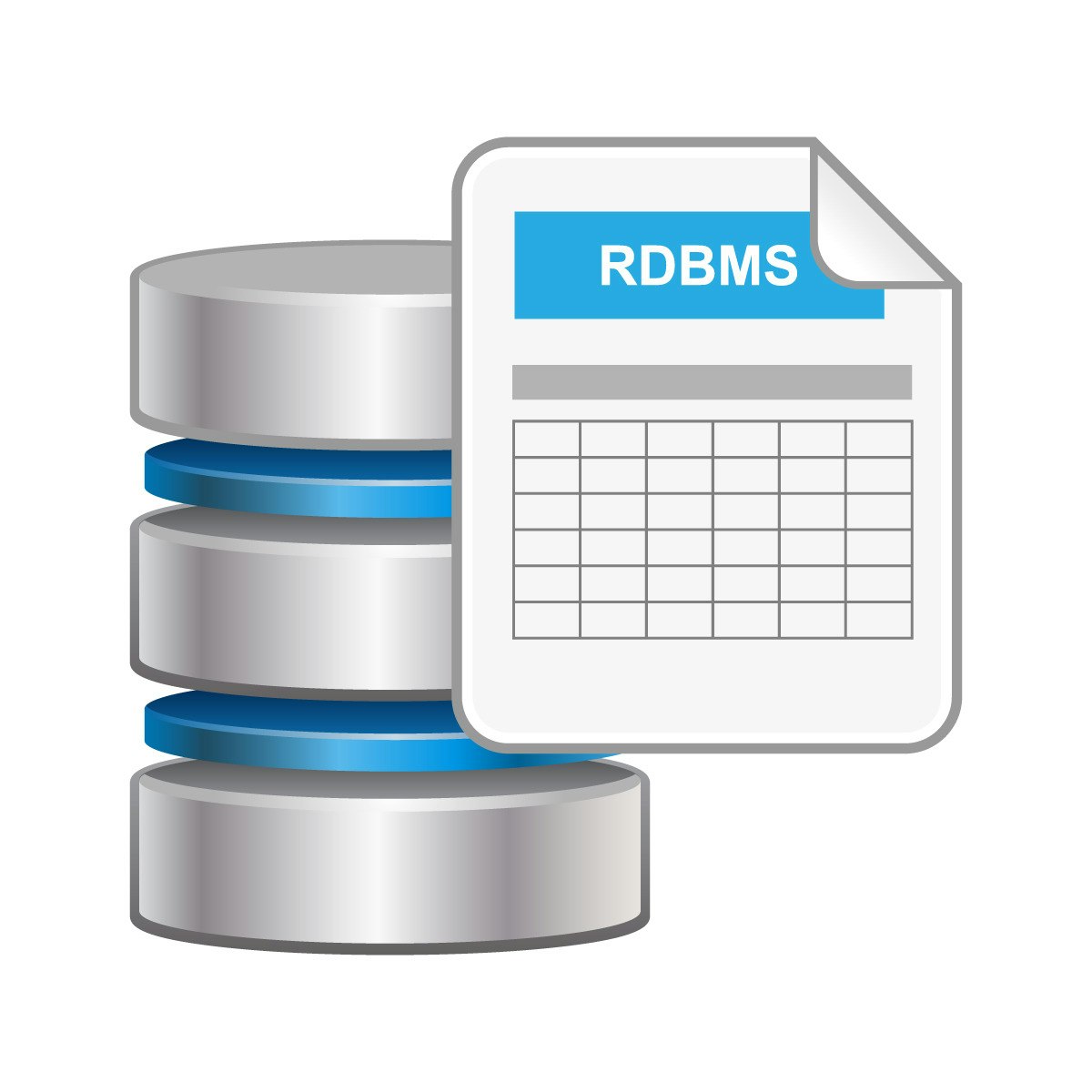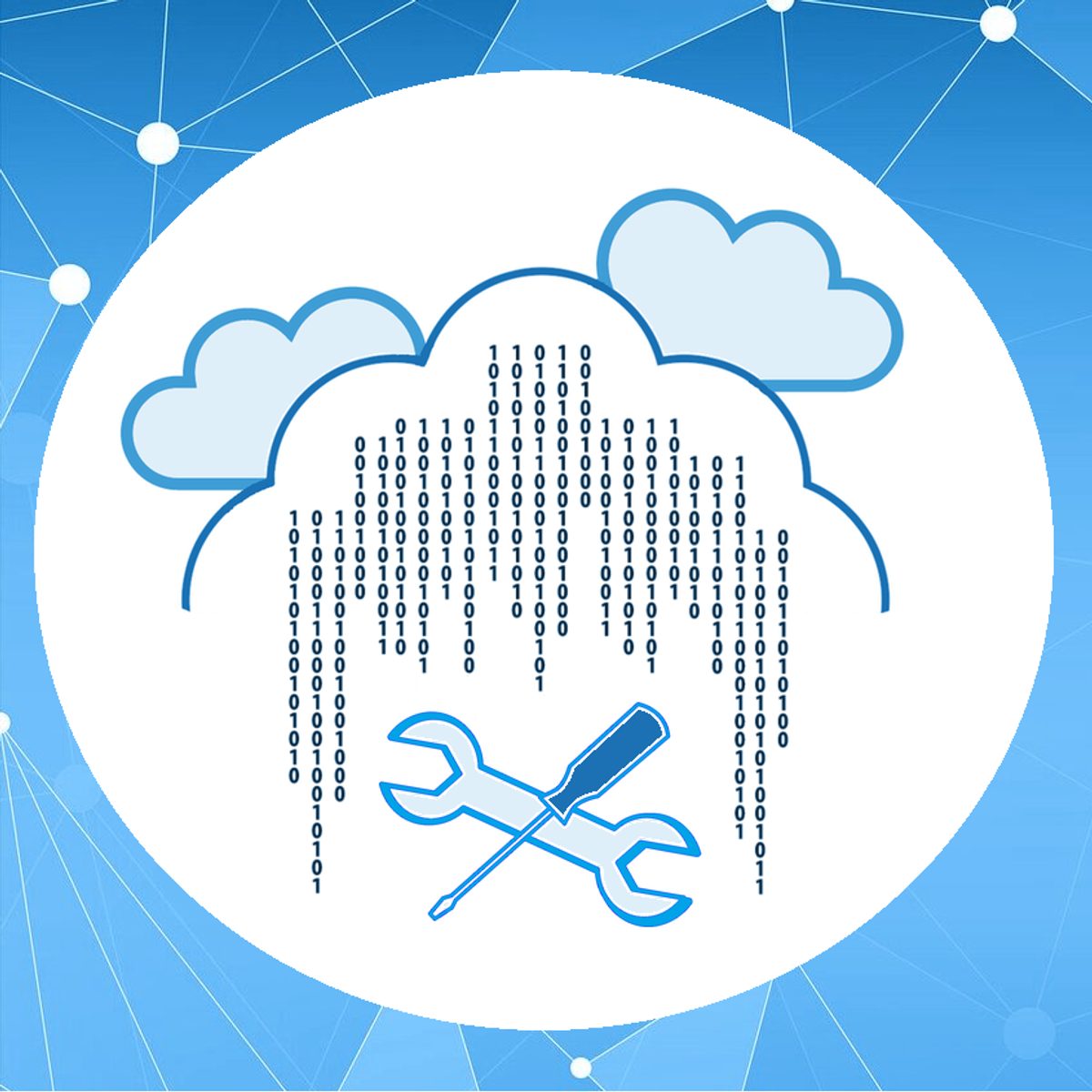Back to Courses









Data Management Courses - Page 18
Showing results 171-180 of 399

Introduction to Relational Databases (RDBMS)
Are you ready to dive into the world of data engineering? You’ll need a solid understanding of how data is stored, processed, and accessed. You’ll need to identify the different types of database that are appropriate for the kind of data you are working with and what processing the data requires.
In this course, you will learn the essential concepts behind relational databases and Relational Database Management Systems (RDBMS). You’ll study relational data models and discover how they are created and what benefits they bring, and how you can apply them to your own data. You’ll be introduced to several industry standard relational databases, including IBM DB2, MySQL, and PostgreSQL.
This course incorporates hands-on, practical exercises to help you demonstrate your learning. You will work with real databases and explore real-world datasets. You will create database instances and populate them with tables.
No prior knowledge of databases or programming is required.
Anyone can audit this course at no-charge. If you choose to take this course and earn the Coursera course certificate, you can also earn an IBM digital badge upon successful completion of the course.

Data Engineering Capstone Project
In this course you will apply a variety of data engineering skills and techniques you have learned as part of the previous courses in the IBM Data Engineering Professional Certificate. You will assume the role of a Junior Data Engineer who has recently joined the organization and be presented with a real-world use case that requires a data engineering solution.

Learning SAS: Creating Formats and Labels
In this 1.03-hour long project-based course, you will learn to add LABELS to variables, use FORMATS to enhance outputs, regroup values using FORMATS, discover more on FORMAT RANGES and store your FORMATS in a FORMAT LIBRARY.
Note: This course works best for learners who are based in the North America region. We’re currently working on providing the same experience in other regions.

Working with Relational Data Stores in Azure
In this project you will create and manage instances of Azure SQL Database and Azure Synapse Analytics services.
You will configure Azure SQL Server and Database level firewall, connect to the instance, and query the sample database.
After completing SQL Database tasks, you will create Azure Synapse Analytics workspace with serverless and dedicated instances to import, aggregate, and export data.
By completing this project, you will understand the differences between both services and how they compare to on-premises solutions.

Monitoring and Troubleshooting Data Storage and Processing
Welcome to this guided project about “Monitoring and Troubleshooting Data Storage and Processing”. This project is for people who are interested in using Azure and specialized monitoring features for certain Azure resources like CosmosDB, Azure SQL Database, or Azure Data Factory. You don’t need to have any experience with Azure to be able to participate.
By the end of this project, you will learn the following:
● How to use Azure Monitor and understand its capabilities
● How to set up Azure Cosmos DB
● How to monitor and troubleshoot common data platform issues with Azure Cosmos DB
● How to set up Azure SQL Database
● How to monitor and troubleshoot common data platform issues with Azure SQL Database
● How to monitor and troubleshoot common data platform issues with Azure Data Factory

Using Memorystore for Redis Read Replicas to Improve Read Performance
In this lab, you will configure a highly available Memorystore cluster and review the architecture of such a deployment.

Ask Questions to Make Data-Driven Decisions
This is the second course in the Google Data Analytics Certificate. These courses will equip you with the skills needed to apply to introductory-level data analyst jobs. You’ll build on your understanding of the topics that were introduced in the first Google Data Analytics Certificate course. The material will help you learn how to ask effective questions to make data-driven decisions, while connecting with stakeholders’ needs. Current Google data analysts will continue to instruct and provide you with hands-on ways to accomplish common data analyst tasks with the best tools and resources.
Learners who complete this certificate program will be equipped to apply for introductory-level jobs as data analysts. No previous experience is necessary.
By the end of this course, you will:
- Learn about effective questioning techniques that can help guide analysis.
- Gain an understanding of data-driven decision-making and how data analysts present findings.
- Explore a variety of real-world business scenarios to support an understanding of questioning and decision-making.
- Discover how and why spreadsheets are an important tool for data analysts.
- Examine the key ideas associated with structured thinking and how they can help analysts better understand problems and develop solutions.
- Learn strategies for managing the expectations of stakeholders while establishing clear communication with a data analytics team to achieve business objectives.

Ingesting Data Into The Cloud
This is a self-paced lab that takes place in the Google Cloud console. In this lab you'll learn how to use a bash script to download selected data from a large public data set that is available on the internet.

Filtering Explores with LookML
This is a Google Cloud Self-Paced Lab. In this lab, you will learn how to filter explores with LookML

Cloud SQL for PostgreSQL Database Observability and Tuning
This is a self-paced lab that takes place in the Google Cloud console. Cloud SQL for PostgreSQL Database Observability and Tuning
Popular Internships and Jobs by Categories
Browse
© 2024 BoostGrad | All rights reserved


